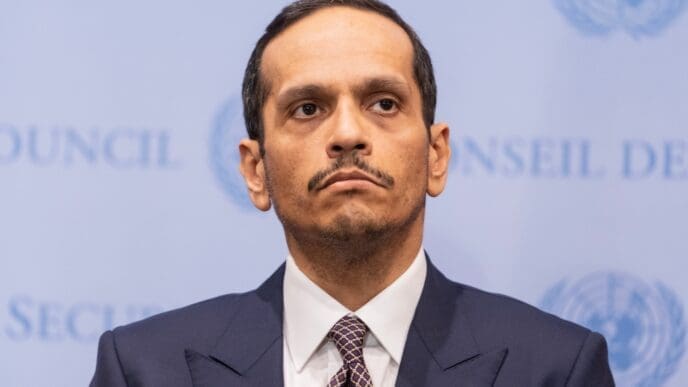A critical United Nations conference on biodiversity is set to resume in Rome, emphasizing the allocation and augmentation of pledged financial resources. This conference, part of ongoing global efforts to safeguard Earth’s biodiversity, aims to address financial and logistical challenges that hinder these efforts.
The resumption of this conference follows last year’s discussions in Colombia, which concluded without a comprehensive resolution. Known as COP16, these talks notably led to agreements ensuring that companies utilizing genetic resources share benefits and empowered Indigenous communities in conservation discussions. However, the ambitious agenda meant that two weeks were insufficient to cover all necessary topics.
Continuing from the landmark COP15 agreement in Montreal, which set forth measures to protect 30% of the planet and its ecosystems by 2030, the Rome conference intends to delve into funding strategies to support these objectives. Georgina Chandler from the Zoological Society London highlighted that while Montreal defined the goals, the current discussions focus on financing and implementation strategies.
Linda Krueger of The Nature Conservancy emphasized the challenge in resolving funding and resource allocation issues. With only $383 million pledged by November, a significant increase in contributions is essential to meet the targeted $20 billion by 2025 and $30 billion by 2030. These talks will explore creating a ‘global financing instrument for biodiversity’ to efficiently disburse funds.
Oscar Soria of The Common Initiative expressed skepticism about reaching financial targets, citing declining sources of biodiversity funding. He metaphorically compared the situation to an ‘Italian opera’ potentially ending without agreement. Despite these concerns, some remain hopeful, like Susana Muhamad, Colombia’s former environment minister, who views the talks as an opportunity for global cooperation on fundamental issues.
The impacts of biodiversity loss are far-reaching, affecting everything from air and water quality to food security, as noted by Chandler. Deforestation in critical regions like the Amazon and the Congo Basin poses significant threats, with implications for global climate patterns. Addressing these concerns requires coordinated international efforts and sufficient funding, which are the focal points of the Rome conference.
With global biodiversity facing serious threats, the Rome conference represents a crucial step in mobilizing the financial resources necessary to implement international conservation efforts. The outcomes of these talks will likely influence the trajectory of global biodiversity protection initiatives.














